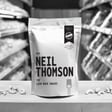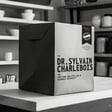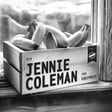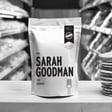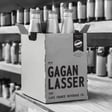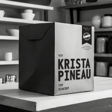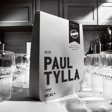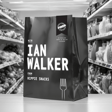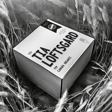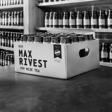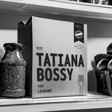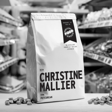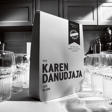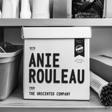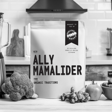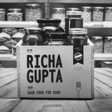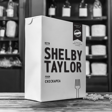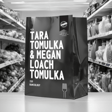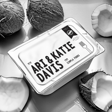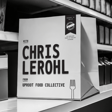
Marc Wandler | Susgrainable
It’s time to get your upcycling on! No, this is not a spin class… upcycling has nothing to do with riding a bike, what you’re about to hear a conversation with co-founder Marc Wandler from Susgrainable — he’s an energetic and inspiring entrepreneur who loves to talk about the circular food economy, the future of food waste, and baking delicious things that can dramatically improve our health.
In this episode we talk about how the grocery store could be a transformative experience, how his healthcare work played into his start-up venture, why it’s so important to have transparency throughout the food system, and how upcycling and localizing our food systems is so important. And yes, we talk about cookies and pancakes and banana bread made with flour that includes spent barley from beer making.
Learn more at https://susgrainable.com.
See who’s behind Aisle 42 at https://www.ethicalfoodgroup.com/podcast.
Here’s a summary of this episode:
Enhancing Customer Experience Through Technology: He advocates for using technology to improve efficiency and customer service, not just to save labor costs. This includes automated checkouts for convenience while maintaining traditional cashier interactions to preserve a personal touch.
Addressing Customer Needs: Marc emphasizes the importance of catering to various shopping needs, ranging from quick in-and-out visits to more immersive, event-like experiences.
Vision for a Better Food System: He discusses the decline in grocery shopping experiences over the past five years and calls for a collaborative effort among all players in the food industry to enhance customer satisfaction and streamline operations.
Sustainability and Upcycling: Marc's company focuses on sustainability by upcycling beer waste into barley flour, which is then used to create healthy, fiber-rich baking mixes. This not only reduces waste but also provides consumers with nutritious alternatives.
Impact of Personal Experience: Marc shares how his background in healthcare and aviation has influenced his approach to tackling inefficiencies and promoting sustainability in the food industry.
Future Plans and Challenges: He outlines the challenges and future plans for his business, including expanding the use of upcycled barley flour and enhancing its impact through further product development and market expansion.
Overall, Marc Wandler’s interview highlights his commitment to transforming the grocery shopping experience through innovation, sustainability, and a focus on customer satisfaction.
